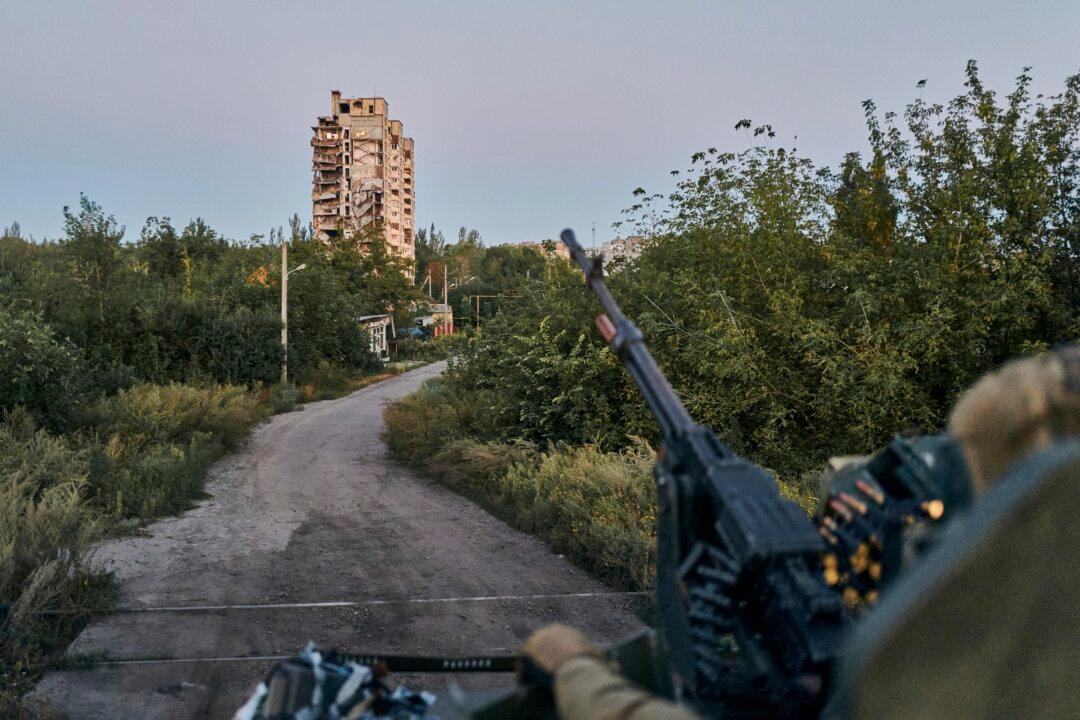After several weeks of fierce fighting, Russian forces have captured the village of Ocheretyne in the eastern Donetsk region of Ukraine, according to Russia’s defense ministry.
“Central Battlegroup units fully liberated the settlement of Ocheretyne ... and improved their tactical positions,” the ministry said in a May 5 statement.





